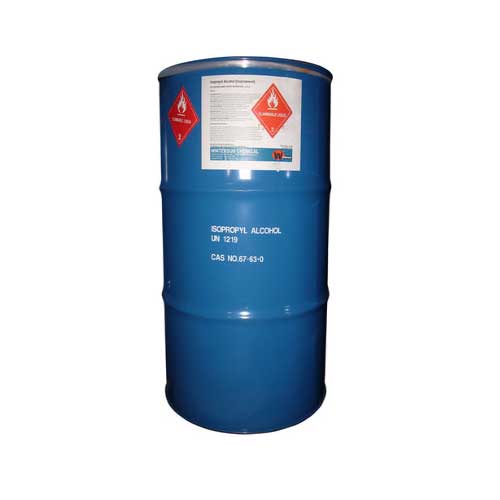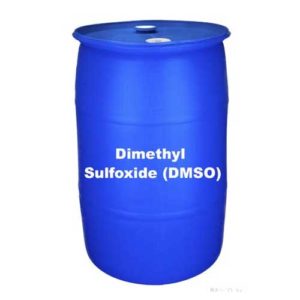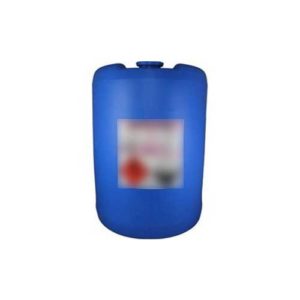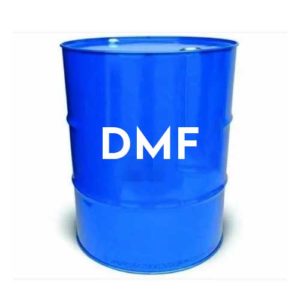ISOPROPYL ALCOHOL (C3H8O)
ABOUT:
Isopropyl alcohol (also known as 2-propanol or rubbing alcohol) is typically manufactured through a two-step process:
- Propylene hydration: Propylene, a byproduct of petroleum refining, is first hydrated with water in the presence of a strong acid catalyst (such as sulfuric acid) to form a mixture of isopropyl alcohol and water. The reaction can be represented by the following chemical equation:
C3H6 + H2O -> (CH3)2CHOH + H2O
- Distillation: The resulting mixture of isopropyl alcohol and water is then separated by distillation, where the water and isopropyl alcohol have different boiling points. The mixture is heated and the vapors are condensed and collected at different stages to obtain the desired concentration of isopropyl alcohol.
PHYSICAL PROPERTIES:
Also known as 2-propanol, isopropanol, or IPA
Appearance: colorless
Odor: strong odor
Molecular weight: 60.10 g/mol
Melting point: -89°C
Boiling point: 82.6°C
Density: 0.786 g/cm3
Viscosity: 2.4 cP at 20°C
Flash point: 12°C (closed cup)
Autoignition temperature: 399°C
Vapor pressure: 33.5 mm Hg at 20°C
CHEMICAL PROPERTIES:
- Isopropyl alcohol is highly soluble in water, as well as in many organic solvents, such as acetone, ether, and chloroform.
- Isopropyl alcohol is a mild irritant to the skin and eyes, and it can be harmful if ingested. It can react with strong oxidizing agents, such as potassium permanganate or hydrogen peroxide, to produce heat and/or gas. It can also react with strong acids to form esters.
- Isopropyl alcohol is highly flammable and should be kept away from sources of ignition, such as flames, sparks, or heat.
- Isopropyl alcohol has a slightly acidic pH of around 5.5.
- Isopropyl alcohol is stable under normal conditions, but it can slowly oxidize in the presence of air to form acetone. It should be stored in a tightly sealed container in a cool, dry place away from heat and sources of ignition.
APPLICATIONS:
COSMETICS AND PERSONAL CARE PRODUCTS:
- Isopropyl alcohol, is a common ingredient in cosmetics and personal care products due to its ability to act as a solvent, preservative, and antiseptic.
- Rubbing alcohol, hand sanitizer, and disinfecting pads typically contain a 60–70% solution of isopropyl alcohol or ethanol in water.
ELECTRONICS INDUSTRY:
- Because of its non-conductive properties, isopropyl alcohol is an important chemical in the electronics industry. It is commonly used to clean circuit board contacts and can be sprayed onto components to remove dust and other contaminants.
- It is also used as a soldering solvent because it dissolves flux faster and leaves a clean joint.
AUTOMOTIVE INDUSTRY:
- It can be used to remove grease and wax, and to clean and prevent corrosion on metals.
- It is used in some fuel systems, such as fuel injectors, and can help to reduce the formation of rust and scale buildup.
PHARMACEUTICAL INDUSTRY:
- Used as a solvent, isopropyl alcohol is used in the production of syrups, elixirs, tablets, ointments, and creams.
- Isopropyl alcohol is also used in the production of emulsions, dispersions, and suspensions, helping to keep ingredients evenly dispersed throughout the solution.
- It is an important intermediate in the production of other chemicals, such as acetone, chloroform, and ethylene glycol.
PAINTS AND COATINGS:
- It is highly volatile, which makes it a great choice for thinning or diluting paints and coatings.
FOOD AND BEVERAGES INDUSTRY:
- It is a fast-acting and highly effective sanitizing agent that can be used on food contact surfaces to remove bacteria, fungi, and other microorganisms.
PRINTING INDUSTRY:
- Isopropyl alcohol is used in the printing industry as a solvent for inks and coatings. It can help to dissolve and remove excess ink from printing equipment, which helps to maintain print quality.
SAFETY MEASURES:
- Wear protective gear such as goggles, a face mask, and gloves when handling isopropyl alcohol.
- Make sure that the area being worked in is well-ventilated, as isopropyl alcohol is highly flammable and can easily cause an explosion or fire if not handled properly.
- Make sure to never mix isopropyl alcohol with other chemicals, such as bleach, as this can lead to dangerous chemical reactions.
- It is also important to never use isopropyl alcohol near an open flame, as this can also lead to an explosion.
- Store isopropyl alcohol in a cool, dry place and to never leave containers of isopropyl alcohol open or uncovered.
- Thoroughly wash any surfaces or equipment that has come into contact with isopropyl alcohol to prevent any contamination.
- It is important to dispose of any used isopropyl alcohol in accordance with local regulations.
PACKAGING:
- Magnesium chloride can be packed in plastic bags or containers that are made from materials such as polyethylene, polypropylene, or PVC. These materials are lightweight and provide a barrier against moisture and air.
- And it comes in 25 or 50kgs packs.






Reviews
There are no reviews yet.